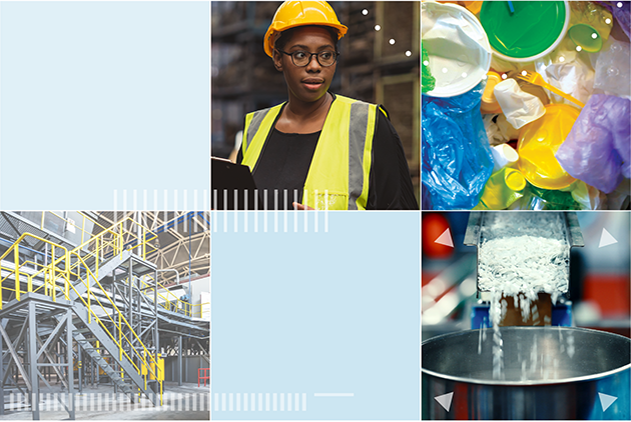Plastic is part of our lives. But it also contributes to our environment’s greatest challenge. UNISA’s P2Power innovation is an energy-generating system that makes use of polyethylene plastics. These plastics are used extensively in the making of plastic bags and food packaging, and contribute significantly to environmental pollution. This system converts plastics to produce synthesis gas (syngas), which can be used for producing ammonia and methanol, and can be used as fuel. Unlike conventional gasification systems that rely on oxygen, this system ensures that the gasification of polyethylene to generate syngas completely removes the air separation step. This significantly lowers energy costs. The conversion process recovers a portion of the latent heat of water, allowing for a significant improvement in energy production over more conventional designs. This system turns non-recycled plastics into power, converting a harmful waste material into something useful.
Recycle plastic into energy at a lower conversion cost.
Services
To access this innovation, contact us to find out how to secure the licence to use the technology.
Benefits
The disposal of plastics remains an environmental concern. With the expected improvement in standards of living, the global production of plastic is also expected to grow. Better conversion technology is needed to manage waste and convert it into something useful, while protecting our environment.
- Lower conversion cost
- Latent heat recovery during the process
- Produce synthesis gas (syngas) for energy use

Industry Sectors
UNISA welcomes engagement with conversion industries which include:
- Waste management
- Energy companies
- Engineers
- Scientists
- Mandela Mining Precinct
- Making contaminated mine water safe for local communities
- DSI launches initiatives to accelerate the development of South Africa's circular economy
- Durban scientist leads research into generating value from waste


